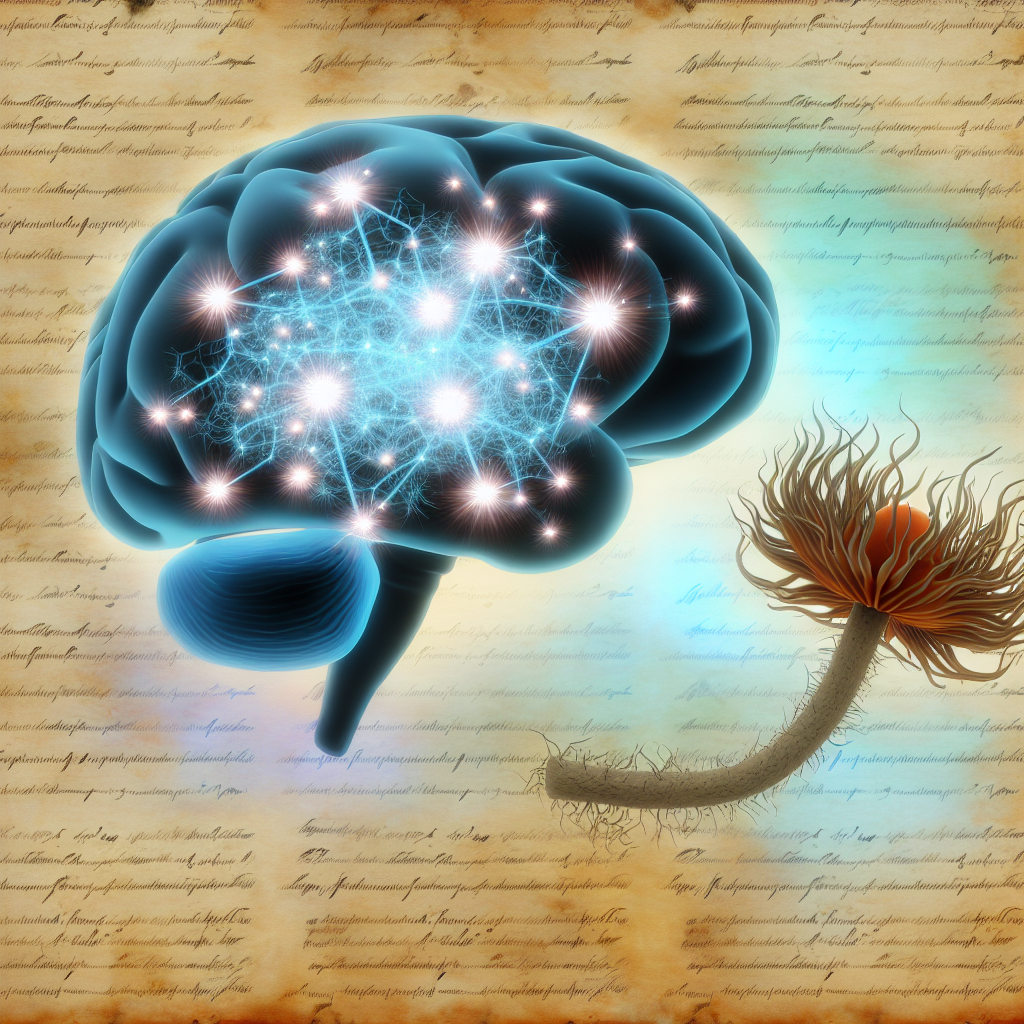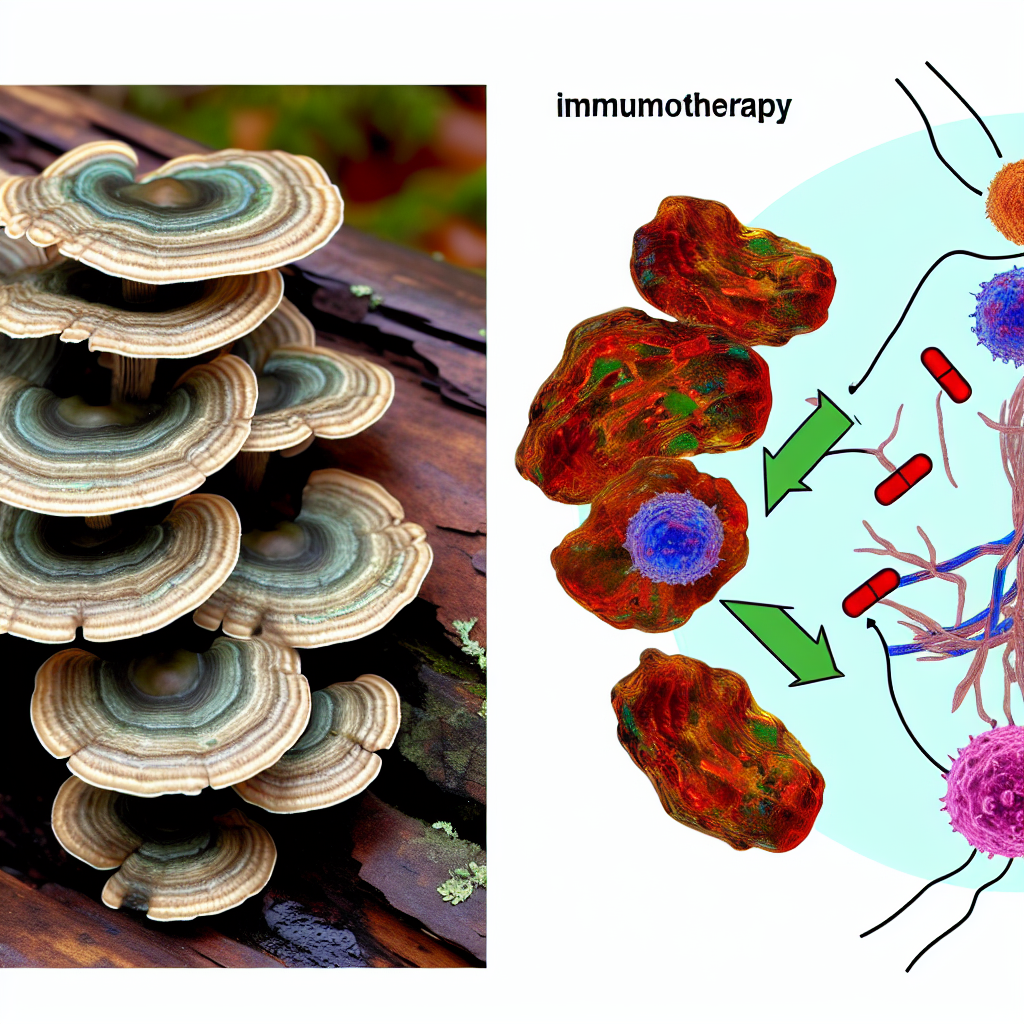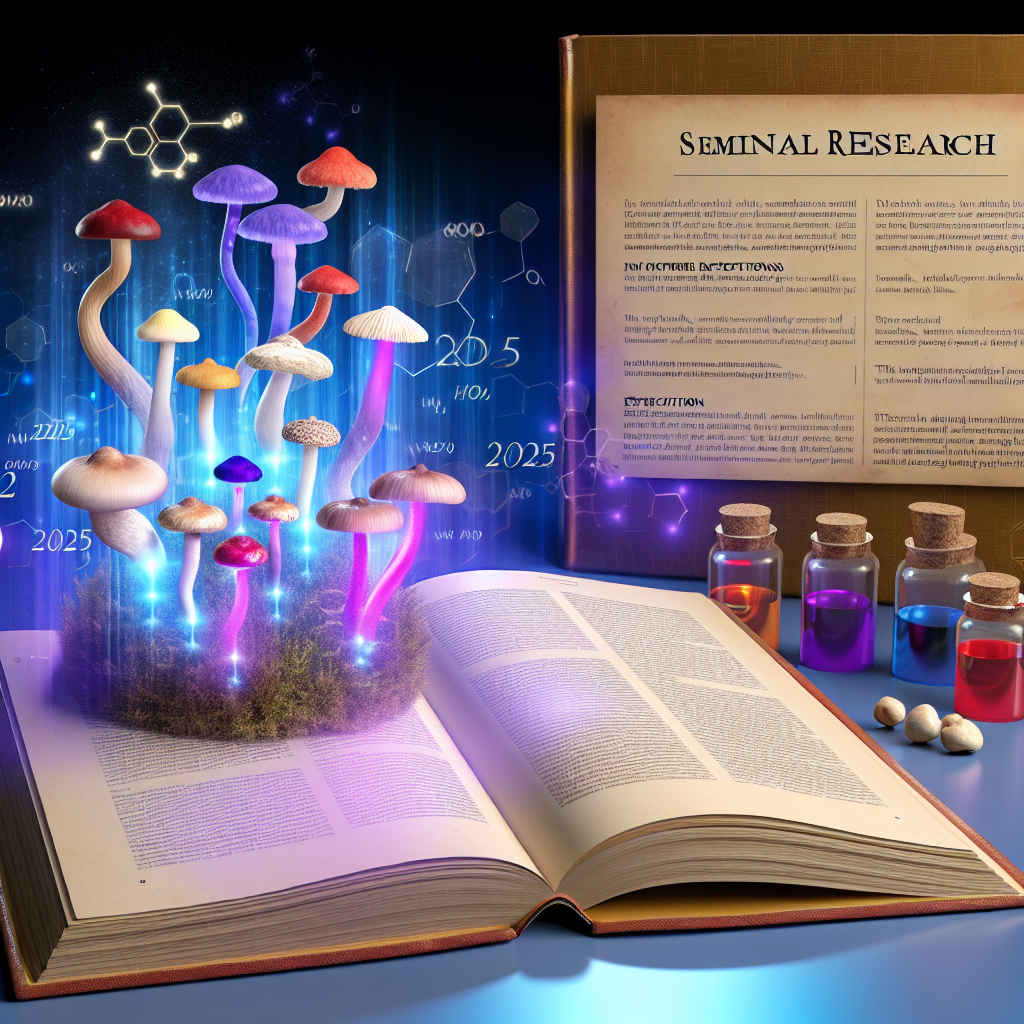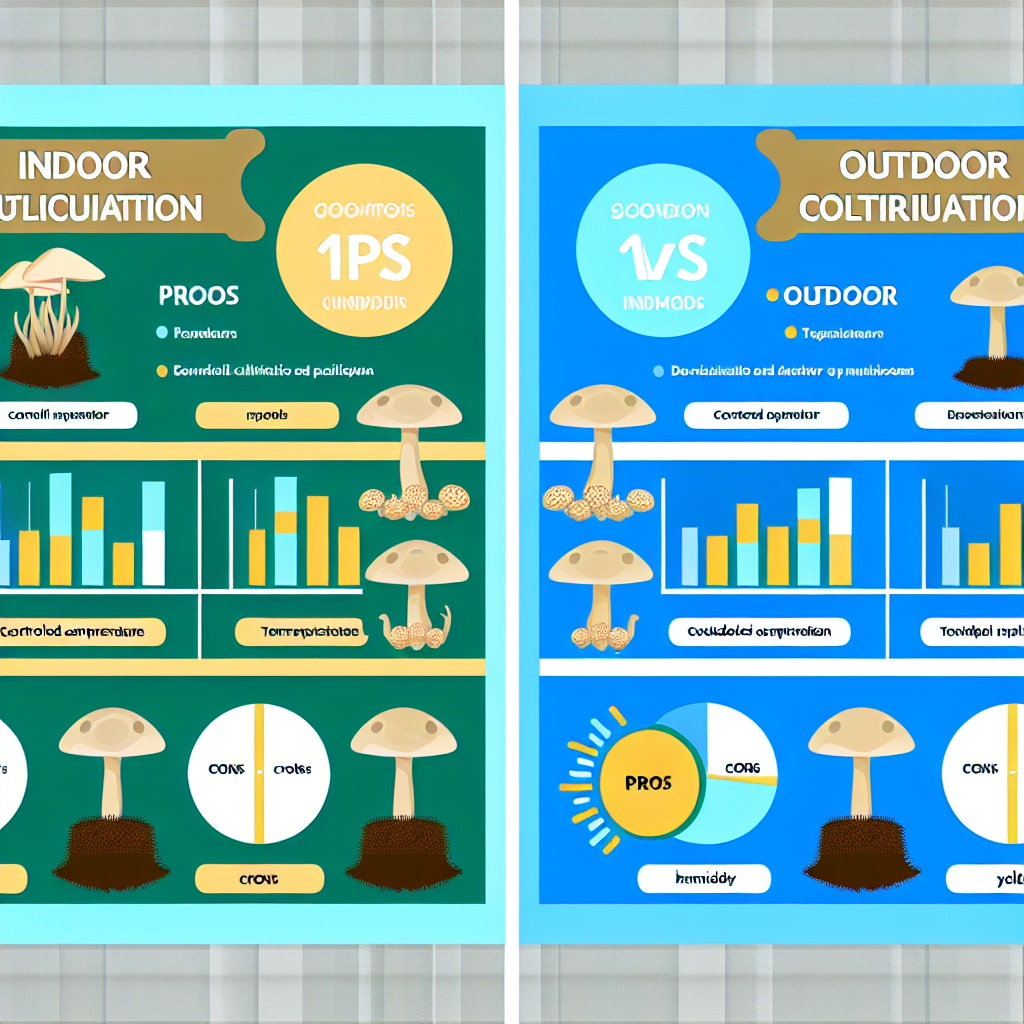Neurogenesis and Lion’s Mane: Latest Research Findings
Introduction
The human brain has a remarkable ability to adapt, grow, and even heal itself through a process called neurogenesis. This biological phenomenon involves the formation of new neurons, which are essential for cognitive function, memory retention, and emotional well-being. While neurogenesis was once thought to be limited to early development, modern neuroscience has demonstrated that the adult brain also has the capacity to generate new neurons, particularly in the hippocampus—a region crucial for learning and memory.
One of the most promising natural compounds for stimulating neurogenesis is Hericium erinaceus, commonly known as Lion’s Mane mushroom. This intriguing fungus has been used in traditional Chinese and Japanese medicine for centuries, primarily for its cognitive-enhancing and neuroprotective properties. Today, scientific scrutiny has confirmed what ancient healers intuitively understood: Lion’s Mane contains bioactive compounds that support brain health and may even aid in the prevention and treatment of neurodegenerative conditions such as Alzheimer’s and Parkinson’s disease.
The neuroregenerative properties of Lion’s Mane can be attributed to its ability to promote the synthesis of Nerve Growth Factor (NGF), a protein that plays a vital role in the maintenance, survival, and regeneration of neurons. NGF levels naturally decline with age, contributing to cognitive decline and an increased risk of neurodegenerative disorders. By boosting NGF production, Lion’s Mane has gained attention as a natural supplement capable of protecting brain function and promoting mental clarity.
With more people seeking natural solutions to enhance mental agility and protect against cognitive decline, researchers are actively exploring the therapeutic potential of Lion’s Mane. Recent studies suggest that this mushroom not only supports neuroplasticity—the brain’s ability to reorganize itself by forming new neural connections—but may also help patients recover from neurological trauma, such as stroke or traumatic brain injury.
In this article, we will delve into the latest scientific research on Lion’s Mane and neurogenesis, highlighting groundbreaking findings that reinforce its role as a potent nootropic and neuroprotective agent. Let’s explore how this incredible mushroom is reshaping our understanding of brain health and cognitive longevity.
Lion’s Mane and Neurogenesis: What Does Science Say?
In recent years, medical and scientific communities have intensified their focus on Lion’s Mane due to its potential impact on neurogenesis and cognitive function. Several studies stand out in demonstrating its regenerative effects on the nervous system.
A 2013 study published in the International Journal of Medicinal Mushrooms revealed that Lion’s Mane extract significantly increased the expression of Nerve Growth Factor (NGF) in cultured astrocytes—critical cells that support neuronal function. The study suggested that compounds in Lion’s Mane, particularly hericenones and erinacines, stimulate neuronal growth and enhance brain function.
Another groundbreaking 2020 study published in Biomolecules explored the effects of Lion’s Mane on neurogenesis in a mouse model of Alzheimer’s disease. The research demonstrated that supplementation with Lion’s Mane extract led to improved cognitive function and increased hippocampal neurogenesis, showing a clear link between the mushroom’s compounds and enhanced memory formation. Researchers suggested that Lion’s Mane could serve as a viable natural therapy for age-related cognitive decline.
Can Lion’s Mane Improve Memory and Cognitive Function?
A 2022 clinical trial published in Frontiers in Aging Neuroscience investigated the effects of Lion’s Mane supplementation on mild cognitive impairment (MCI) in humans. In a randomized, placebo-controlled study, individuals who took Lion’s Mane extract for 12 weeks exhibited significant improvements in cognitive function and short-term memory compared to the placebo group. These findings solidify the idea that Lion’s Mane may provide tangible cognitive benefits in aging populations.
With neurodegenerative diseases like Alzheimer’s on the rise, researchers are keen on exploring natural interventions that can support brain health. Evidence suggests that Lion’s Mane may not only help prevent cognitive decline but actively restore brain function by encouraging neurogenesis.
Stroke Recovery and Nerve Regeneration: A New Hope
Beyond Alzheimer’s and MCI, Lion’s Mane has shown promise in stroke recovery and nervous system repair. A 2016 study published in the Journal of Agricultural and Food Chemistry investigated how erinacines promote nerve regeneration after stroke. The study concluded that this mushroom’s bioactive compounds could potentially accelerate nerve regeneration, aiding in stroke recovery and reducing neurological deficits.
This discovery has profound implications for stroke survivors and those suffering from neurodegenerative damage. Researchers believe that by promoting neurogenesis and activating NGF pathways, Lion’s Mane could become a powerful adjunct therapy for those recovering from brain injuries and neural damage.
Conclusion: How Lion’s Mane Is Reshaping Brain Health Research
As research continues to develop, the evidence supporting Lion’s Mane as a natural promoter of neurogenesis is becoming increasingly compelling. The mushroom’s ability to enhance Nerve Growth Factor production, support cognitive function, and promote neuronal regeneration makes it a promising supplement for brain health.
Current studies suggest that incorporating Lion’s Mane into one’s diet may aid in cognitive longevity while potentially offering neuroprotective benefits against degenerative conditions such as Alzheimer’s and stroke-related damage. As interest grows in natural solutions for brain enhancement, Lion’s Mane stands at the forefront of neurogenesis research, offering a beacon of hope for those seeking ways to optimize their cognitive well-being.
Summary: The latest research on Lion’s Mane mushroom suggests it has remarkable potential to stimulate neurogenesis, the formation of new neurons in the brain. Studies show Lion’s Mane can boost Nerve Growth Factor production, improve cognitive function, and even aid in stroke recovery and nerve regeneration. As a natural, non-toxic compound, Lion’s Mane is emerging as a promising nootropic and neuroprotective agent that could help maintain brain health and prevent age-related cognitive decline.
References

Dominic E. is a passionate filmmaker navigating the exciting intersection of art and science. By day, he delves into the complexities of the human body as a full-time medical writer, meticulously translating intricate medical concepts into accessible and engaging narratives. By night, he explores the boundless realm of cinematic storytelling, crafting narratives that evoke emotion and challenge perspectives. Film Student and Full-time Medical Writer for ContentVendor.com




